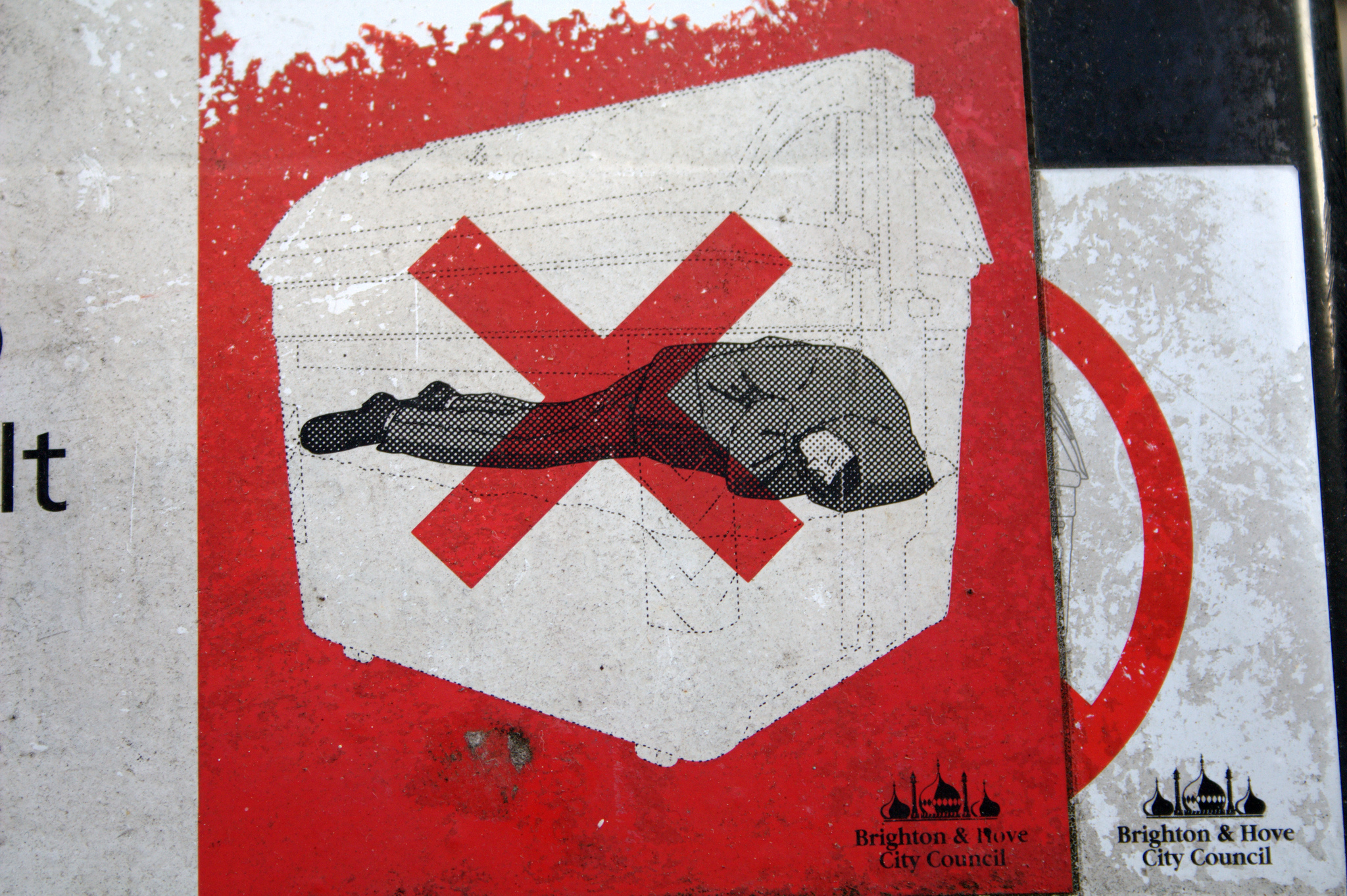It has long been suggested, based on anecdotal evidence and small studies, that people with autism may be more at risk of becoming homeless. There have also been suggestions that homeless autistic people find it harder to reach support.
Now, the first ever significant peer-reviewed study into autism and homelessness supports that evidence, finding that autistic people face an elevated risk of becoming homeless.
Research conducted by Alasdair Churchard, Morag Ryder and William Mandy from UCL, alongside Andrew Greenhill from Kensington and Chelsea Learning Disability Service, was published this week in the journal Autism.
If autistic difficulties are common among homeless populations, then this has important implications
The research found strong evidence suggesting that autistic adults are over-represented among the homeless population. It found that 12.3 per cent of the 106 rough sleepers that were screened “showed strong signs of autistic traits that would be consistent with an autism diagnosis.” This is a much higher proportion than the one per cent of people diagnosed with an autism spectrum disorder in the general population (though the researchers stress it is not clear that this 12 per cent would all be diagnosed, their screening suggested they could be).
“If autistic difficulties are common among homeless populations, then this has important implications,” the researchers said.
Because among more than 5,000 people sleeping rough in the UK, 300,000 people in hostels, temporary shelters or unsuitable or overcrowded accommodation and countless more classed as hidden homeless, there are likely to be a “considerable number of homeless autistic adults who are not having their needs met and who are in an extremely vulnerable position.”





